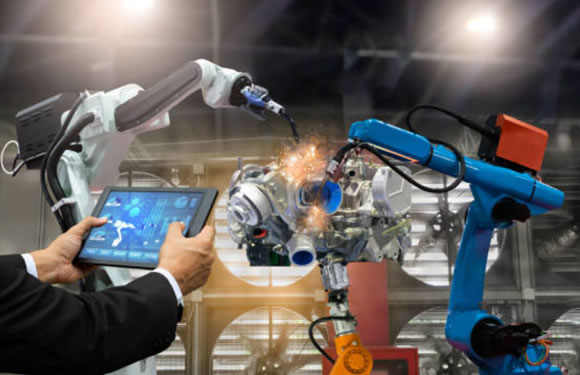
2025 and AI are changing everything for small business in Australia. AI became a practical, affordable and necessary tool for entrepreneurs and local businesses. AI is helping Australian small businesses stay competitive in a fast changing digital landscape. With user friendly platforms, government support, business owners are starting to see AI as a strategic imperative. This article looks at how AI is driving innovation, customer engagement, cost savings and a competitive edge over traditional business approaches.
Revolutionising Daily Operations with AI Tools
Artificial intelligence (AI) has moved beyond the big companies and is now transforming the way small business operates in Australia. From automating admin tasks to managing stock, AI is making operations more efficient and cost effective. Tools like Xero’s AI-powered features are helping Australian small business automate bookkeeping and invoicing, saving hours a week. In retail AI algorithms can forecast demand and optimise supply chains, helping business owners reduce waste and meet customer needs more accurately. For example Melbourne based florist “Petal & Stem” uses predictive ordering AI to ensure popular flowers are always in stock, improving customer satisfaction. These AI driven solutions allow small business owners to focus more on growth and customer service rather than being buried in back end operations.
Enhancing Customer Engagement and Personalisation
AI also helps small businesses interpret customer feedback and sentiment via natural language processing, data driven improvements to products or services. This was previously unaffordable for smaller businesses but is now becoming the norm thanks to affordable AI tools. This responsiveness builds customer loyalty and increases conversion rates. Sydney-based skincare brand “Eve Organics” implemented an AI recommendation engine that analyses customer preferences and suggests personalised skincare routines — leading to a 27% increase in repeat purchases. AI also helps small businesses interpret customer feedback and sentiment via natural language processing, enabling data-driven improvements in products or services. This kind of engagement was previously unaffordable for smaller enterprises but is now becoming standard, thanks to accessible AI tools.
AI Gives Small Businesses a Competitive Edge
Compared to traditional business models AI enabled operations allow for rapid data analysis and smarter decision making. This helps small business compete with bigger rivals. For example Brisbane based café chain “Daily Roast” uses AI to analyse weather patterns, foot traffic and past sales to optimise daily staffing and menu planning. This kind of strategic adaptation was previously the domain of big budget franchises. A recent report by Business.gov.au outlines how embracing AI technologies helps small enterprises reduce operational costs by up to 30% while increasing agility. The key advantage AI offers is its ability to adapt and learn — providing ongoing improvements without constant manual input, making small businesses more resilient and competitive in a volatile economy.
Looking Ahead: Risks, Responsibility and Growth
While the benefits are clear Australian small business must be aware of the AI risks including data privacy and algorithm bias. Proper training and responsible implementation is key. The Australian Government’s push for an AI Ethics Framework supports safe innovation especially for SMEs. Business must also consider how AI impacts human jobs — ideally using automation to enhance not replace human roles. For example AI in a Sydney based marketing agency streamlined ad performance reporting, freeing up staff to focus on creative strategy instead. Long term success of AI depends on balance — using it to amplify human effort while staying compliant with legal and ethical standards. For Australian small businesses ready AI presents a once in a generation opportunity for sustainable growth.









